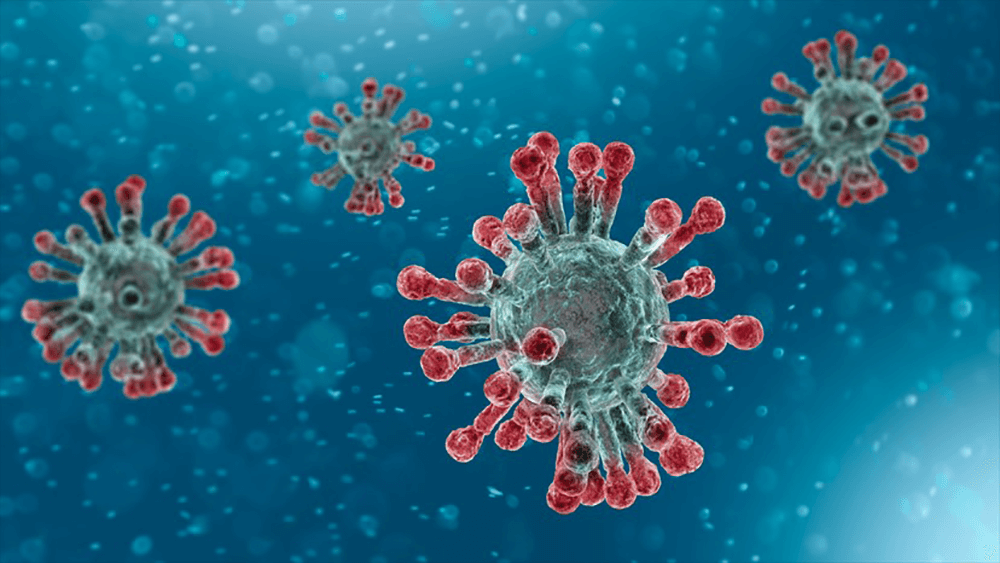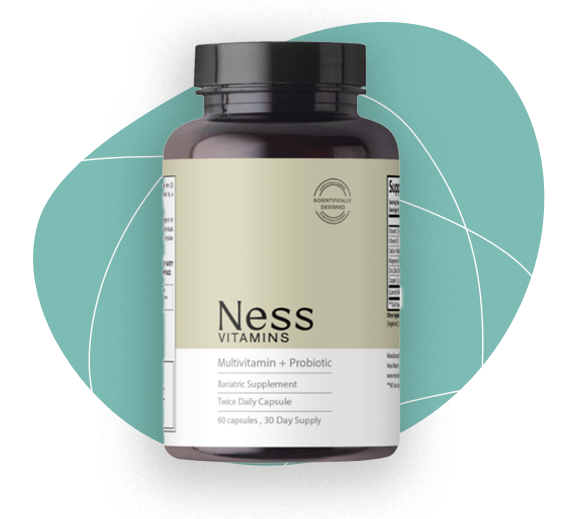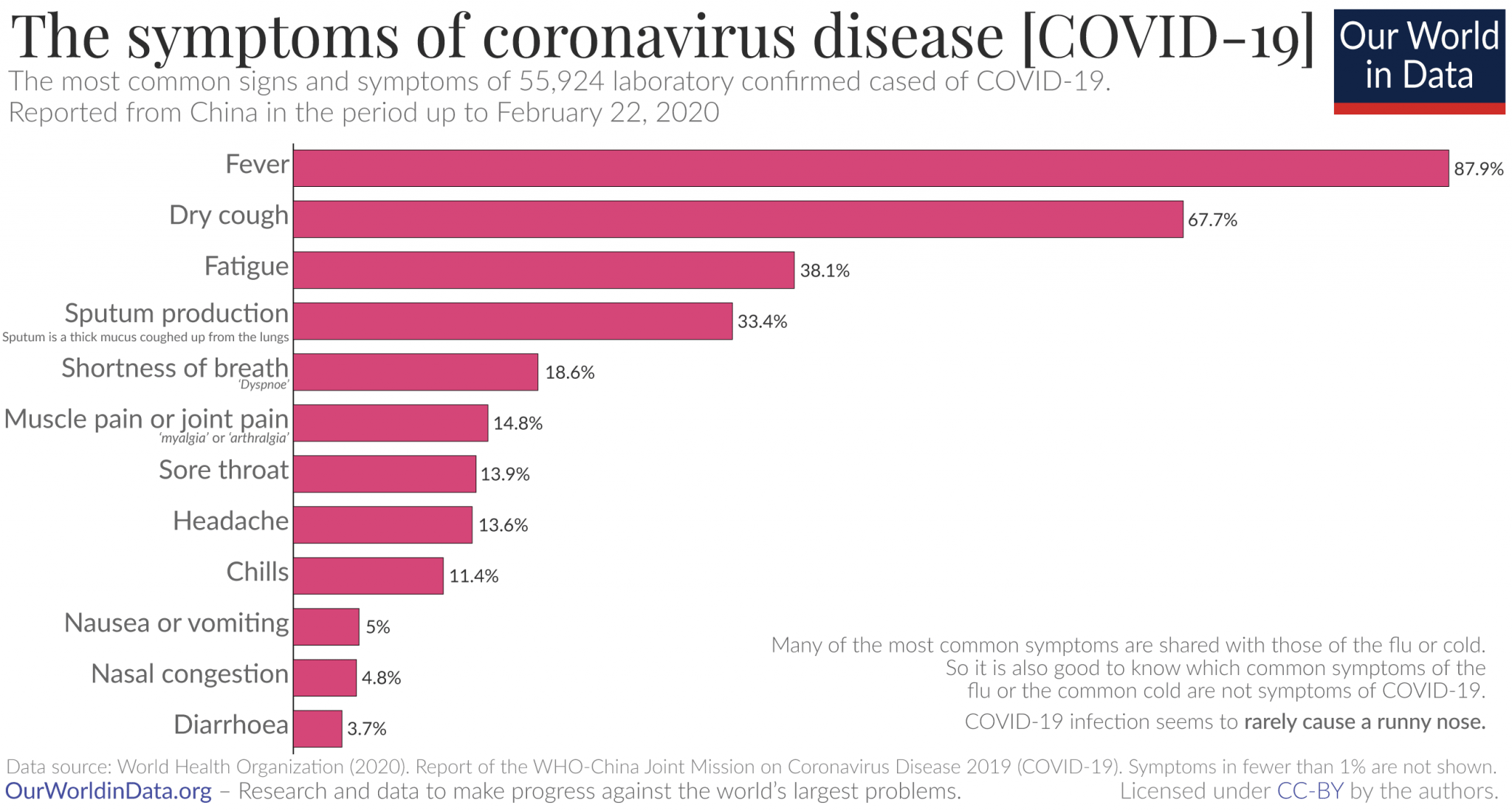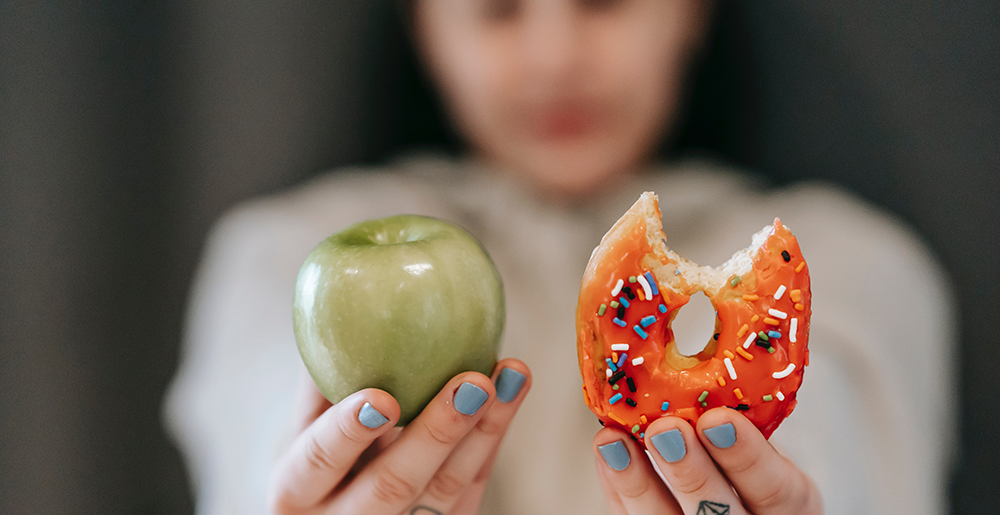
The Center for Disease Control and Prevention (CDC) is warning Americans about the spread of the coronavirus (officially called the Covid-19) in the U.S. So we wanted to take a pause from our regular blog conversations and address healthy living from a different angle. Today we are giving you all the tips you need to stay healthy during the potential spread of this serious disease.
What is Coronavirus?
In case you aren't sure what the coronavirus is, it is a disease that originated in Wuhan China towards the end of 2019. It is believed to have originated in animals. Viruses are very different than bacteria.
A bacteria is a living organism that can be treated with antibiotics. A virus is a strand of DNA covered by a protein coat, so its not really like a living organism. Unfortunately, viruses can not be treated with antibiotics and generally, they have to run their course.
Officials are now calling this disease Covid-19. Since the news broke about this virus, it has spread quickly across the world, infecting more than 81,000 people in at least 42 countries—causing international attention and concern. However, as of now, this is nothing something for Americans to panic about—you are more likely to catch the common flu then Covid-19. Additionally, it doesn't seem that an individual is any more likely to have serious issues from Covid-19 then the common flu.

Patients who are infected by the coronavirus may experience symptoms ranging from mild common cold-like symptoms to severe respiratory/breathing symptoms. This can include a fever, cough, or shortness of breath. In patients with a weakened immune system, they may develop pneumonia and, in worst cases, could die.
Symptoms may emerge 2 to 14 days after exposure, so it is crucial to call your primary care doctor at the initial onset of any flu-like symptoms or if you have been in contact with someone who has traveled outside the U.S. recently.
How is the Virus Spread?
The coronavirus is spread from human-to-human contact through the respiratory/breathing system, although you can contract the virus through physical touch and then inhale the virus. The most common mode of spread is through respiratory droplets after a person sneezes or coughs.
Scientists and doctors are still studying the coronavirus to gain more insight into how easily the virus spreads and how likely a person is to contract the disease. But it is essential to take precautionary steps to minimize your risk of developing Covid-19.
What are the Symptoms of the Coronavirus?
The most common symptoms of COVID-19 are fever, dry cough, and fatigue. Although some patients may complain of aches and pains, chills, headache, runny nose, and even diarrhea.
These symptoms are very similar to the symptoms that come about when a patient has the flu. It is important to not mistake the two. If you experience any of the more serious symptoms, such as a fever, cough or difficulty breathing, you should reach out to your physician immediately. If you are experiencing aches, pains, chills, or other symptoms, we suggest you stay home and take the necessary time to recover.
"Someone who has just completed quarantine or have been released from isolation does not pose a risk of infection to other people." - Center for Disease Control and Prevention
At the onset of the virus, symptoms are typically mild and will begin to gradually become more intense. Some people may even become infected, yet not show any symptoms or even feel symptomatic.
Tips to Keep Yourself Healthy
Most of the tips below involve preventing the spread of this disease by killing the germs. This includes washing your hands, using sanitation wipes, and avoiding touching your face. However, I want to suggest that you also take the precautionary steps to prevent spreading this disease if you have symptoms.
Wearing a mask will not prevent you from catching the virus, but it can prevent a symptomatic person from spreading it to others.
And finally, be sure you are keeping healthy by eating right, exercising, and drinking lots of water! This will keep your immune system high and on guard against any potential threats.
1. Wash your hands
2. Avoid touching your face
3. Wipe down your area with sanitation wipes when in public
4. Go see your doctor if you begin feeling sick so that a definitive diagnosis can be made
5. Cover your mouth when you cough or sneeze, and wear a mask if you have any flu-like symptoms.
6. Avoid traveling outside the U.S., especially to China (kind of a no-brainer)
7. Eat a healthy diet
8. Get lots of sleep and exercise
9. Drink lots of water
10. Take your vitamins
It is important to remember that about 80% of the people who do contract the virus will fully recovery without needing any special medical treatment. Although COVID-19 is something to be concerned about, it is not something to panic over. If you continue to live a healthy lifestyle by taking your vitamins, eating a well-rounded diet, and drinking lots of water, you should be safe and able to fully recover.












